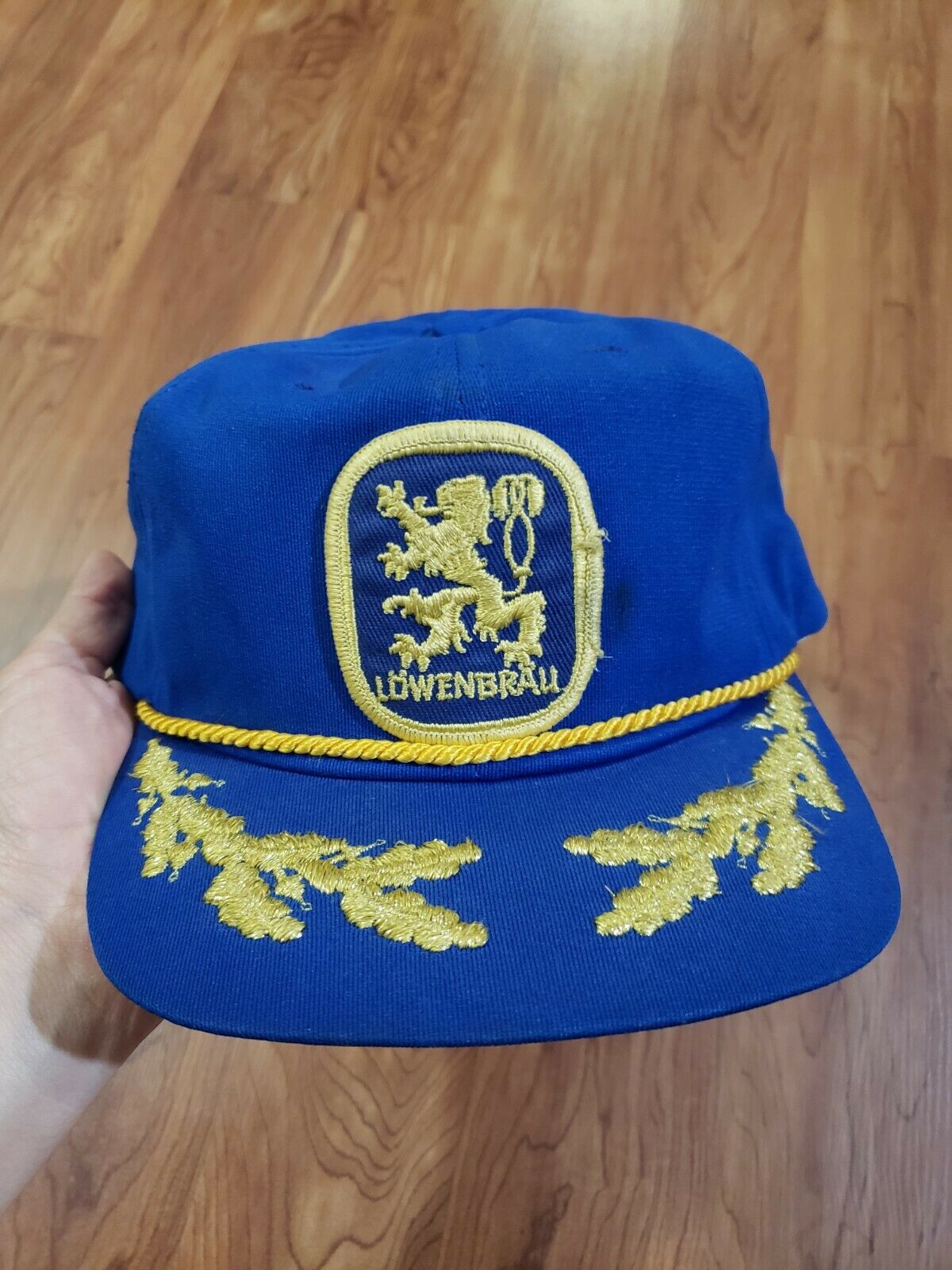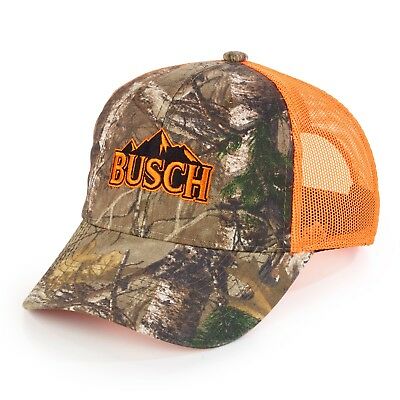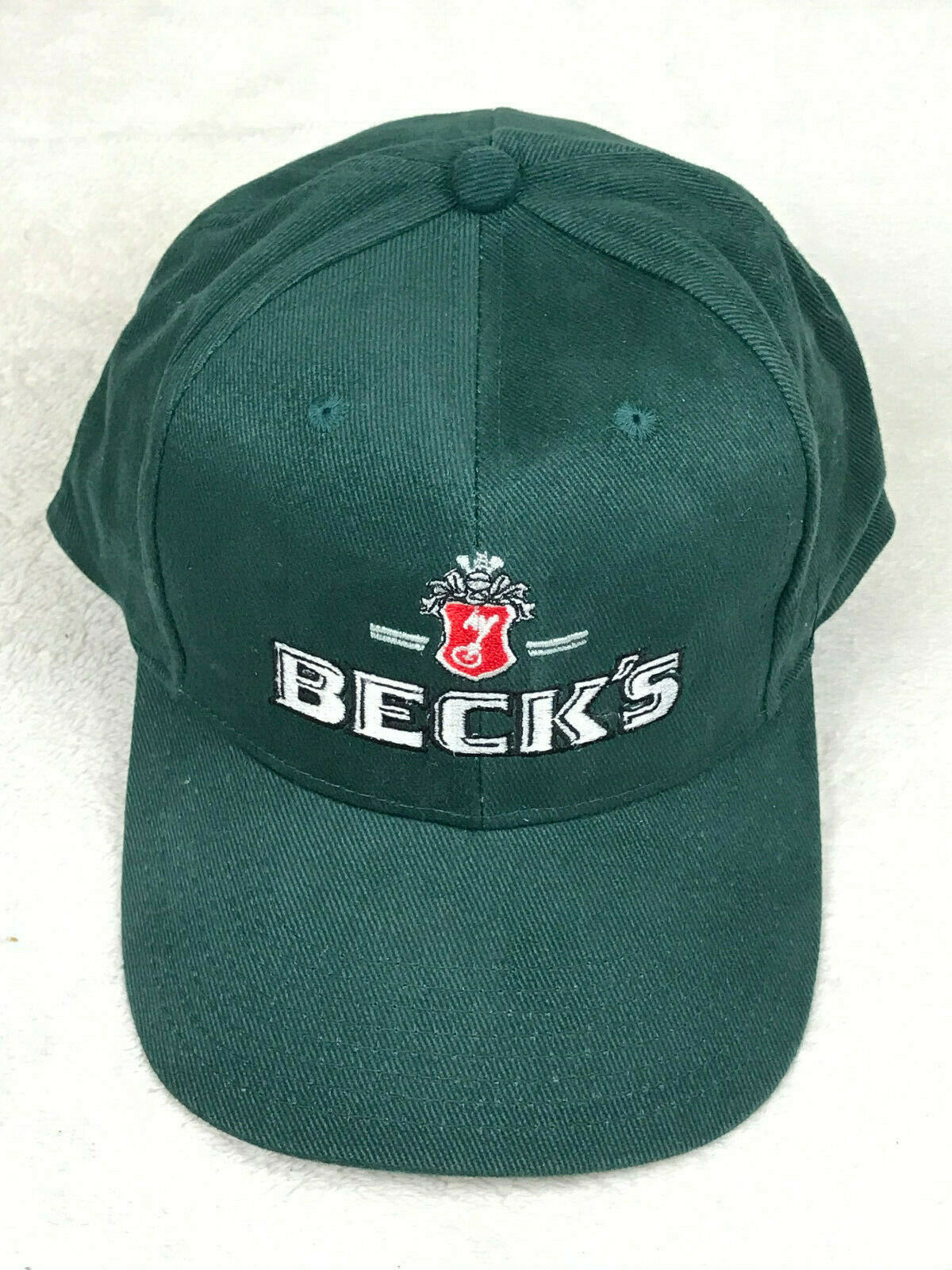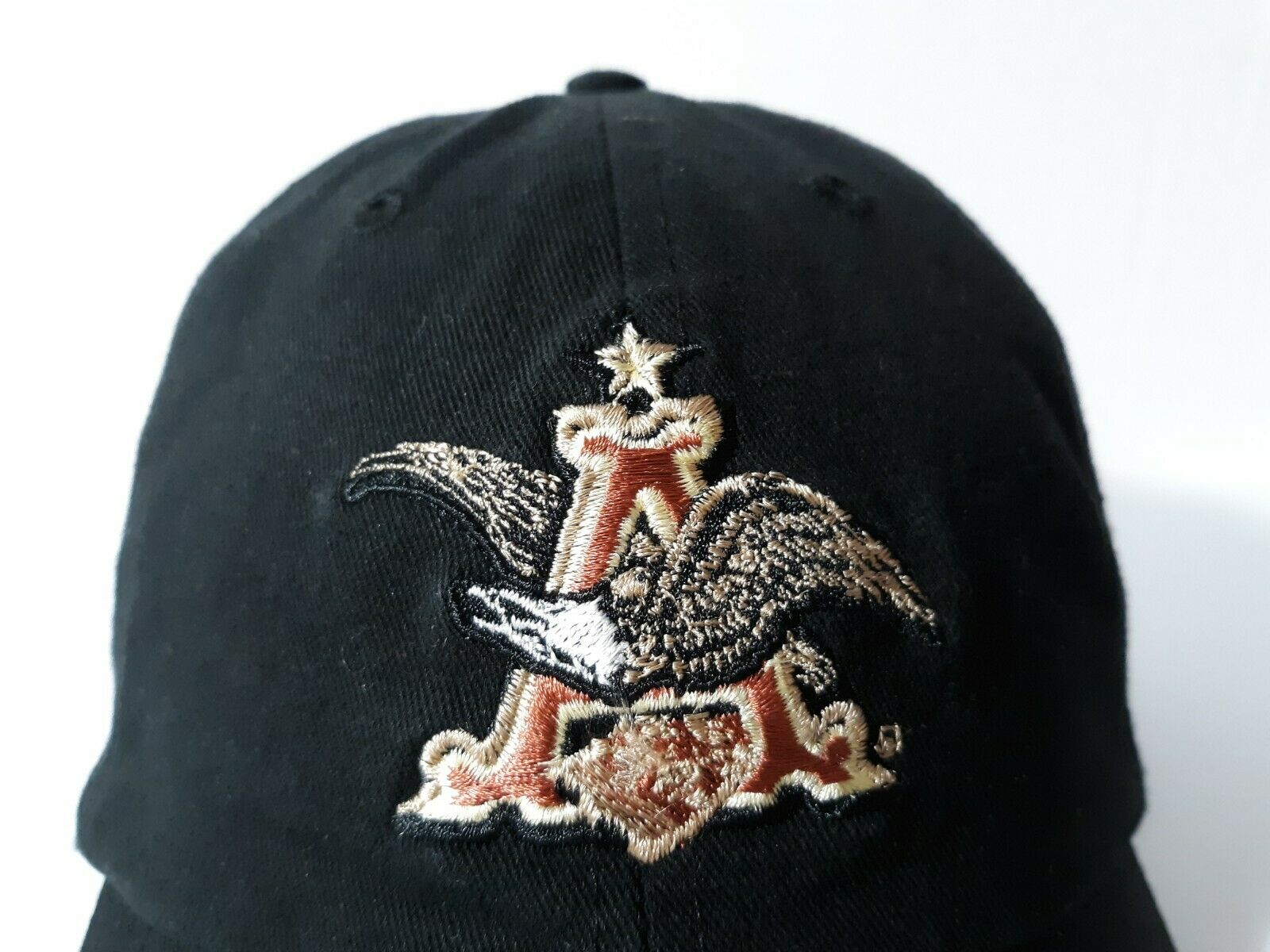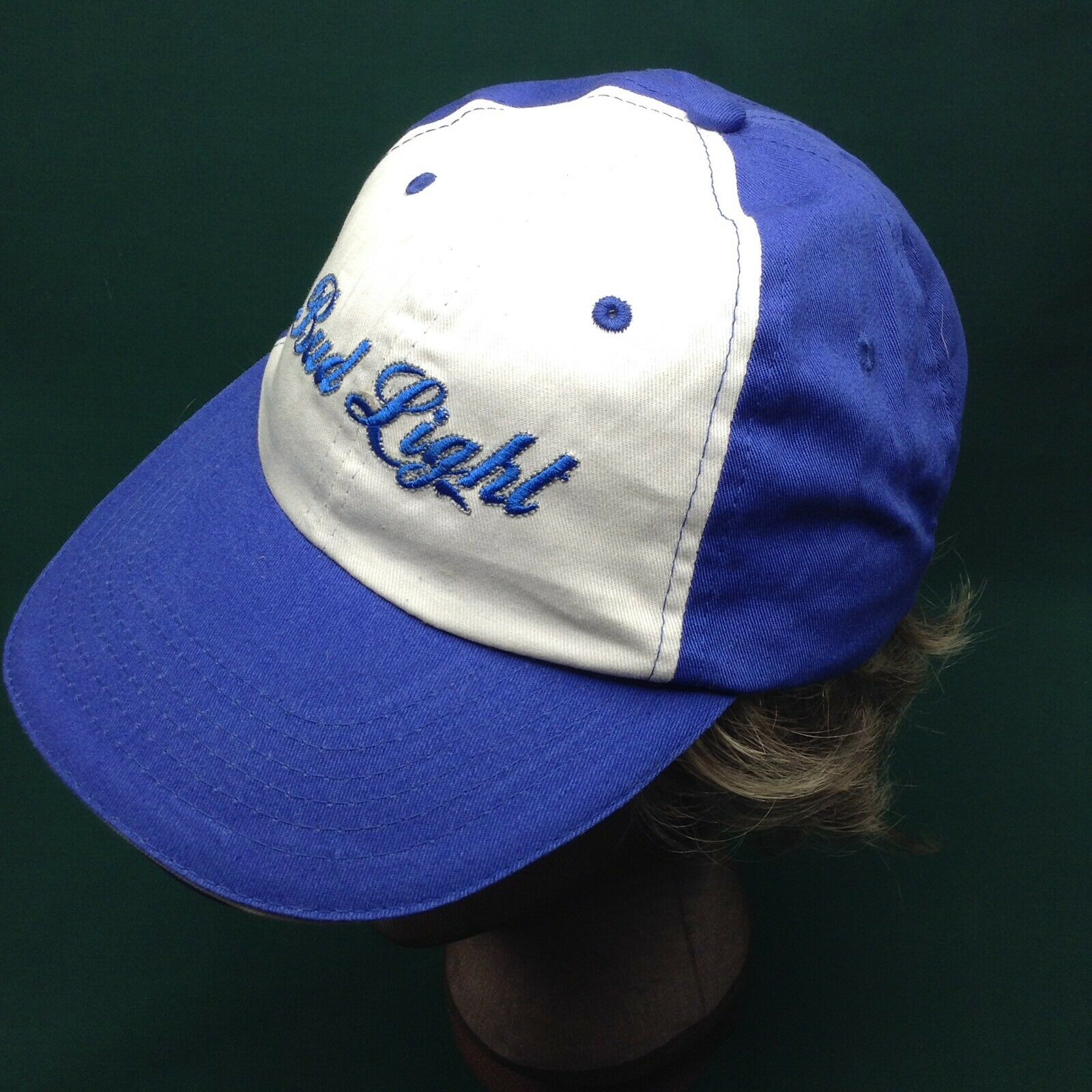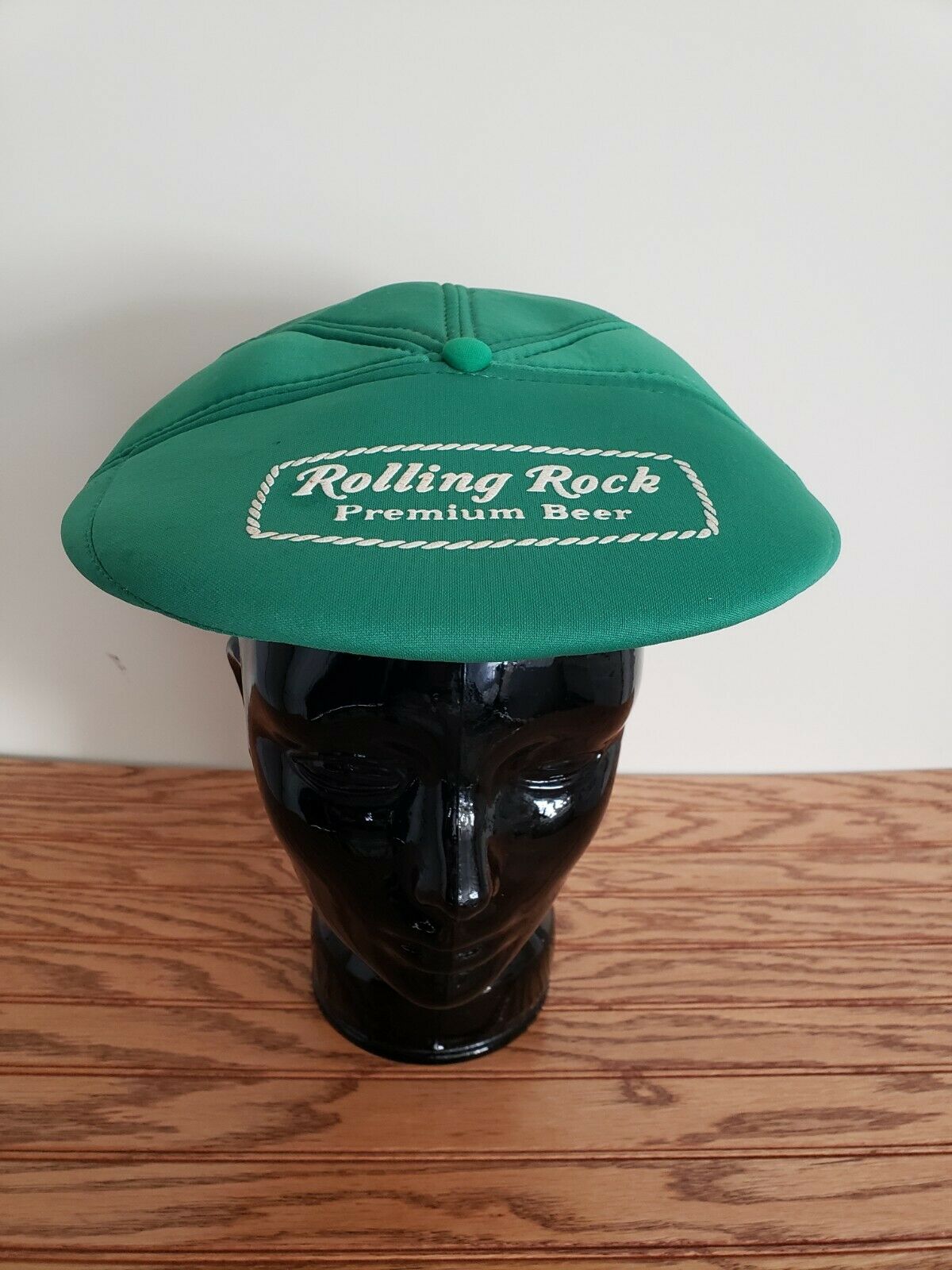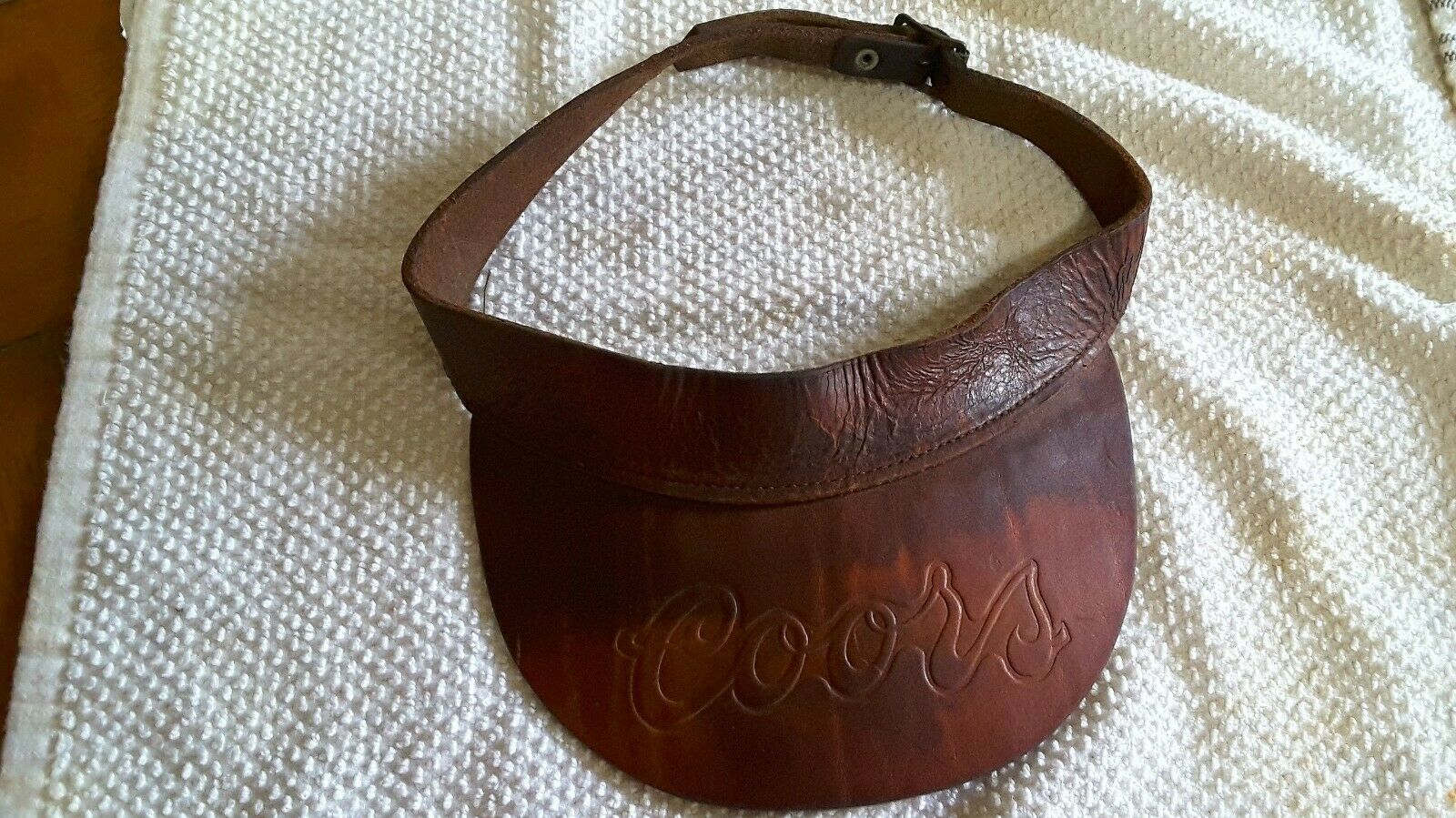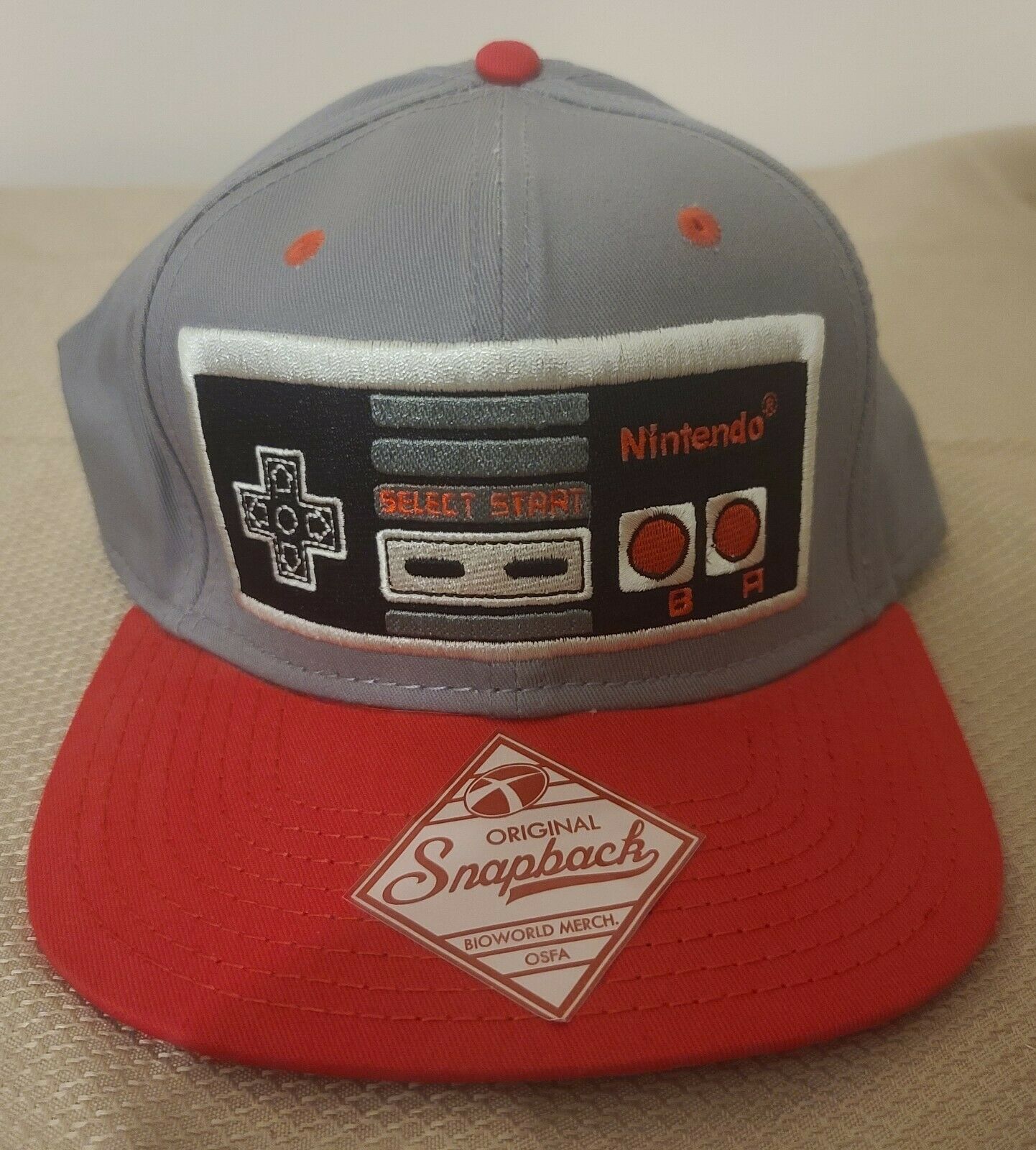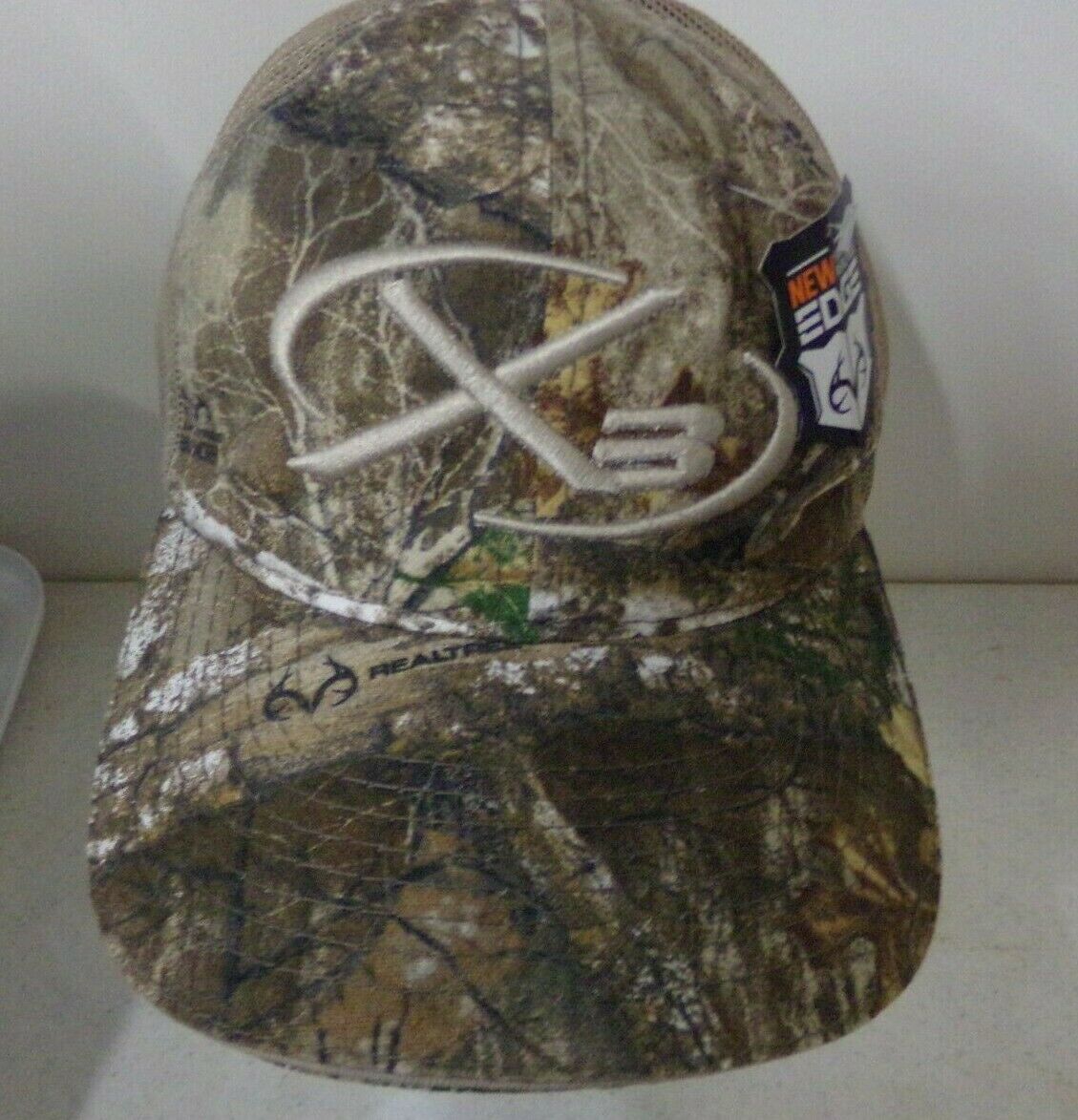-40%
Vintage 1970s Lowenbrau Beer Snapback blue Hat Trucker captain rare embroidered
$ 22.17
- Description
- Size Guide
Description
Vintage 1970s Lowenbrau Beer Snapback blue Hat Trucker captain rare embroidered.Overall in great vintage condition, no major stains or tears beautiful vibrant colors. Freshly hand washed and steamed ready to go.
Medical to Large size adjustable Snapback
I keep my collection in bins for safe keeping also I do fast shipping since I live near the USPS hup in Houston Texas. This will be shipped in a box for safe travels.
Bin B
Löwenbräu (German: [ˈløːvn̩bʁɔʏ]) is a brewery in Munich owned by Anheuser-Busch InBev. Its name is German for "lion's brew". Most Löwenbräu beers are marketed as being brewed according to the Reinheitsgebot, the German beer purity regulation of 1516.
Löwenbräu is alleged[by whom?] to have been founded around 1383. In 1524, Jörg Schnaitter, a pierprew (beer brewer), is mentioned in connection with the property at the address 17 Löwengrube. The brewery was first mentioned in 1746 in the Munich tax records. The lion emblem originates from a 17th-century fresco in the brewing house, depicting Daniel in the lions' den.
In 1818, Georg Brey, a brewer of peasant origins, bought the brewery, which began to grow under his management. In 1826, brewing operations began moving to a new location on Nymphenburger Strasse; the move was completed in 1851. By 1863, Löwenbräu had become the largest brewery in Munich, producing a quarter of the city's beer output.
The brewery was formally incorporated in 1872 under the name Aktienbrauerei zum Löwenbräu. As brewer and owner, Ludwig Brey acquired the neighboring properties of Nikolaus Nassl, a Bierwirt (seller of beer). By Brey's order in 1882 and 1883, the Rank brothers built the Löwenbräukeller, according to the plans of Albert Schmidt on the brewery's property. The grand opening of the Löwenbräukeller was on 14 June 1883. In 1886, the lion trademark was registered. Around the turn of the century, Löwenbräu was the largest brewery in Germany, though strongly dependent on exports.
The export business was affected by World War I, for example the Löwenbräu London Depot closed for the duration, making its employees redundant.
In 1921, Löwenbräu merged with Unionsbräu Schülein & Cie and Munich Bürgerbräu, two other breweries. These mergers brought Löwenbräu more property, including the Bürgerbräukeller. In 1923, this beer hall became noted as the location of the unsuccessful Beer Hall Putsch which Adolf Hitler led against the government of the German state of Bavaria, of which Munich was the state capital. In 1928, the company's beer production first exceeded a million hectoliters per year. The supervisory board of the new corporation included Wilhelm von Finck, one of the owners ofIn 1999, the North American rights to Löwenbräu passed to the Labatt Brewing Company, which began to brew Löwenbräu in Canada for both the Canadian and US markets with the same recipe used in Germany. Labatt's production of Löwenbräu ended in 2002 and exports of Munich Löwenbräu to North America resumed, although on a much smaller scale than had been the case before the Miller deal.
In 1997, Löwenbräu merged with Spaten-Franziskaner-Bräu to form the Spaten-Löwenbräu-Gruppe, which was sold to Interbrew in 2003. In 2004, Interbrew merged with AmBev to form InBev, which in 2008 acquired Anheuser-Busch to form Anheuser-Busch InBev. Proposals to relocate the Löwenbräu brewery out of the Munich city center have failed, despite the company's international ownership. Today, Löwenbräu has one of the oldest beer gardens in Munich.
In 2014, Labatt regained the Canadian rights to Löwenbräu and began brewing Löwenbräu at their London, Ontario brewery, producing a smaller, 473 millilitres (16 US fl oz), can and soon after releasing a 341 millilitres (11.5 US fl oz) bottle.[1] In November 2014, Canadian sommelier, wine consultant and writer Jamie Drummond called for a boycott of the Canadian made Löwenbräu in the online publication "Good Food Revolution", claiming the new product to be inferior, different in taste to the original.
